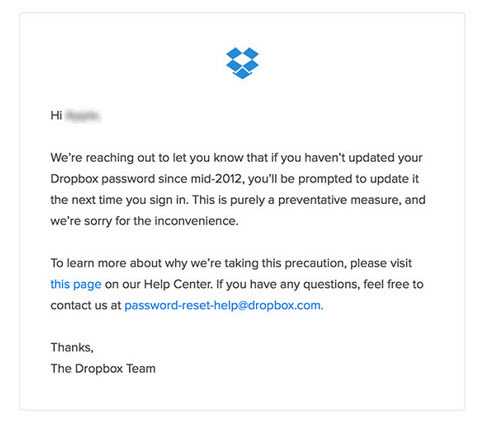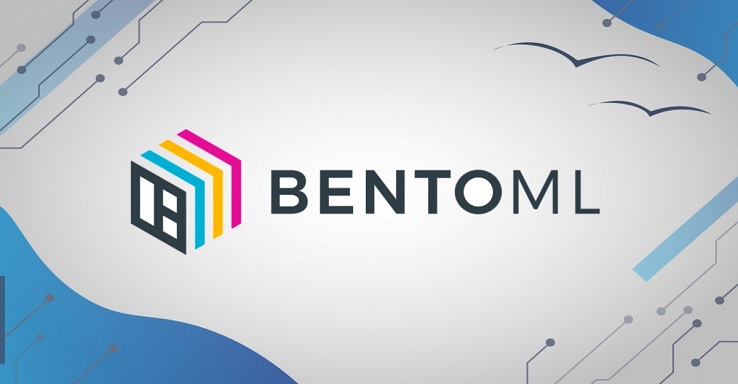Record Management systems have made the process of managing records much more accessible. It includes automated systems and software that works the daily and repetitive tasks of the firm and lets the employees focus on more critical business operations. Records and archives are an essential part of the firm. It provides the employees with the basis of business operations. In addition, the Record Management System enables safe and secure access to the company’s records from any location and at any time. Such facilities let the firm expand and grow while its daily tasks are handled.
Record and information management should be compliant with industry and government regulations. A company is liable to maintain industry compliance in terms of record management. Failure to do so can lead the company to face severe legal complications. The firm may be subjected to heavy fines and penalties if the laws are violated. Thus, a business must maintain the records according to compliance and upgrade the system daily. If the changes are done manually, there are chances of errors. Industry compliance and trends change daily, which is difficult for employees to track. It is much more challenging to comprehend the complexities of laws to manage the records manually. Record Management System provides automated processes that regulate the records efficiently. It upgrades its workings according to compliance. 


Records Lifecycle Management Solution is an essential part of Record Management. Not all records need to be preserved. A company produces tons of records every year. Amongst them, some are duplicates of copies that the management may delete. Record Management System identifies such records and discards them. The federal rules can be different for every record. Record Management System efficiently manages the lifecycle of the records and gives daily updates to the management regarding it.
Below are some points that firms should follow to avoid compliance issues with proper record lifecycle management:
- Stay updated with the latest changes in the records management regulations
The Record Management System updates itself with the daily changes in industry compliance. It means that businesses, too, need to transform their operations according to the changes in industry compliance. Government usually gives the firms a reasonable amount of time to adapt to the changes in laws regarding record management. But there are also deadlines within which the company needs to meet the new compliance obligations. A company should abide by deadlines to avoid fines. In addition, a company must start changing its record management system to avoid legal issues. Automated processes in the record management system enable the firm to stay updated on the regular changes in industry compliance.
- Try to avoid fines
Failure to maintain industry compliance while managing the records can make the firm vulnerable to heavy fines. Business is a profit-making institution. Such losses can lead to the downfall of the business performance in the market. Record lifecycle management is an essential part of business operations that needs to be done to maintain industry compliance. Violating laws while managing the records lifecycle leads to severe financial and legal issues. Record lifecycle management solutions of a record management system provide the firm with daily changes in its operations that comply with the current changes in the laws.
- Maintain the three stages of record management
Every business must maintain the three crucial stages of record lifecycle management efficiently with the required expertise to avoid compliance issues.
- Creation: The first stage of a record cycle includes the creation process. This process contains raw data and some drafts, the basic materials for the creation process. These items act as an ingredient that helps to complete the whole process.
- Distribution: The very next step includes the process of distribution, which is another critical factor. This step distributes the processed data for proper functioning. It has both internal and external distribution. This process helps to maintain a proper records lifecycle.
- Disposition: This is the very last stage of the record cycle. This process includes the ultimate record cycle destruction, which becomes inactive with time. It simply denotes that the business will not require these records anymore and can delete them.
Conclusion:
A vital space of compliance for all large as well as small-scale businesses is record and information management. An efficient record lifecycle management will help to avoid compliance issues.
Non-compliance with statutory norms can lead to hefty penalties. Without a thorough understanding of the law and strategic execution, ensuring compliance can be difficult. Thus, record management must be done following all steps and with the utmost efficiency.
Đăng ký liền tay Nhận Ngay Bài Mới
Subscribe ngay
Cám ơn bạn đã đăng ký !
Lỗi đăng ký !












Add Comment